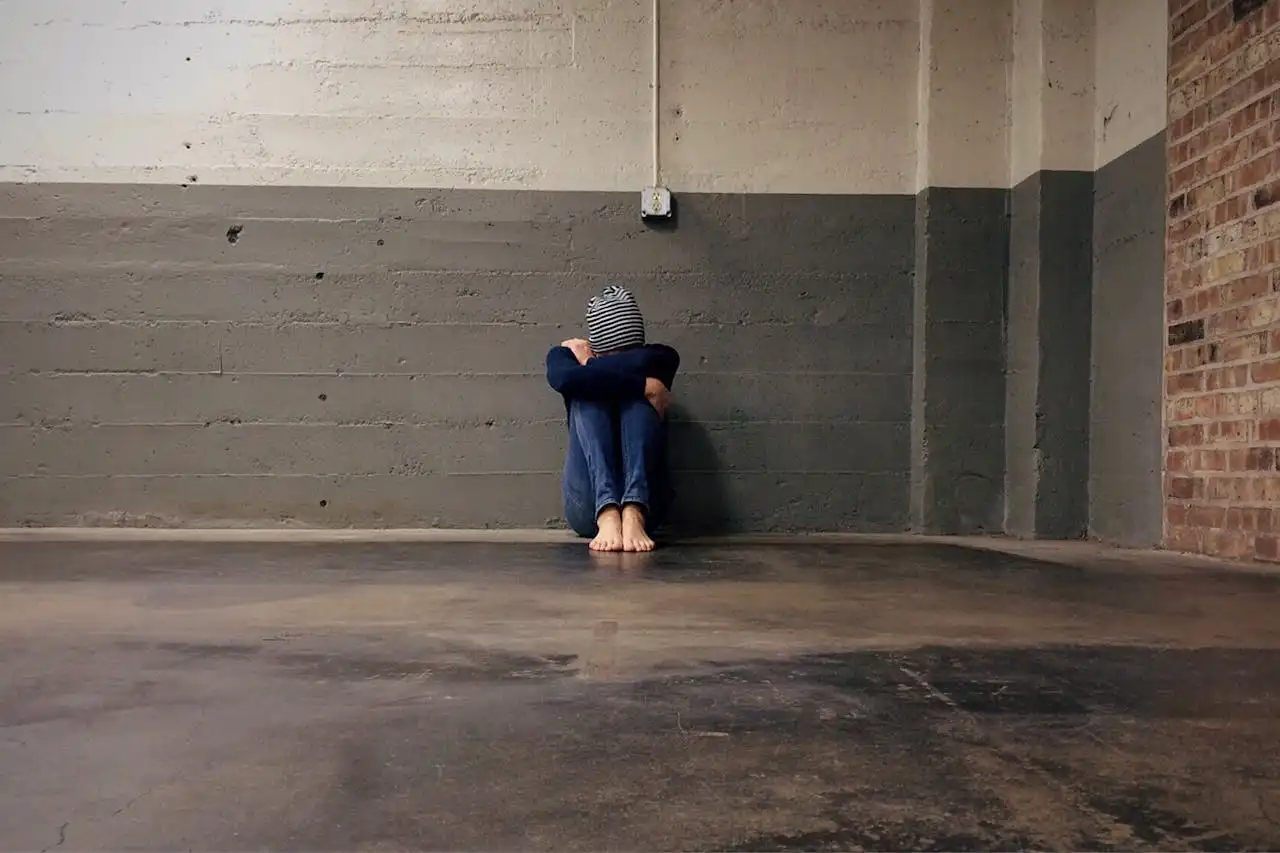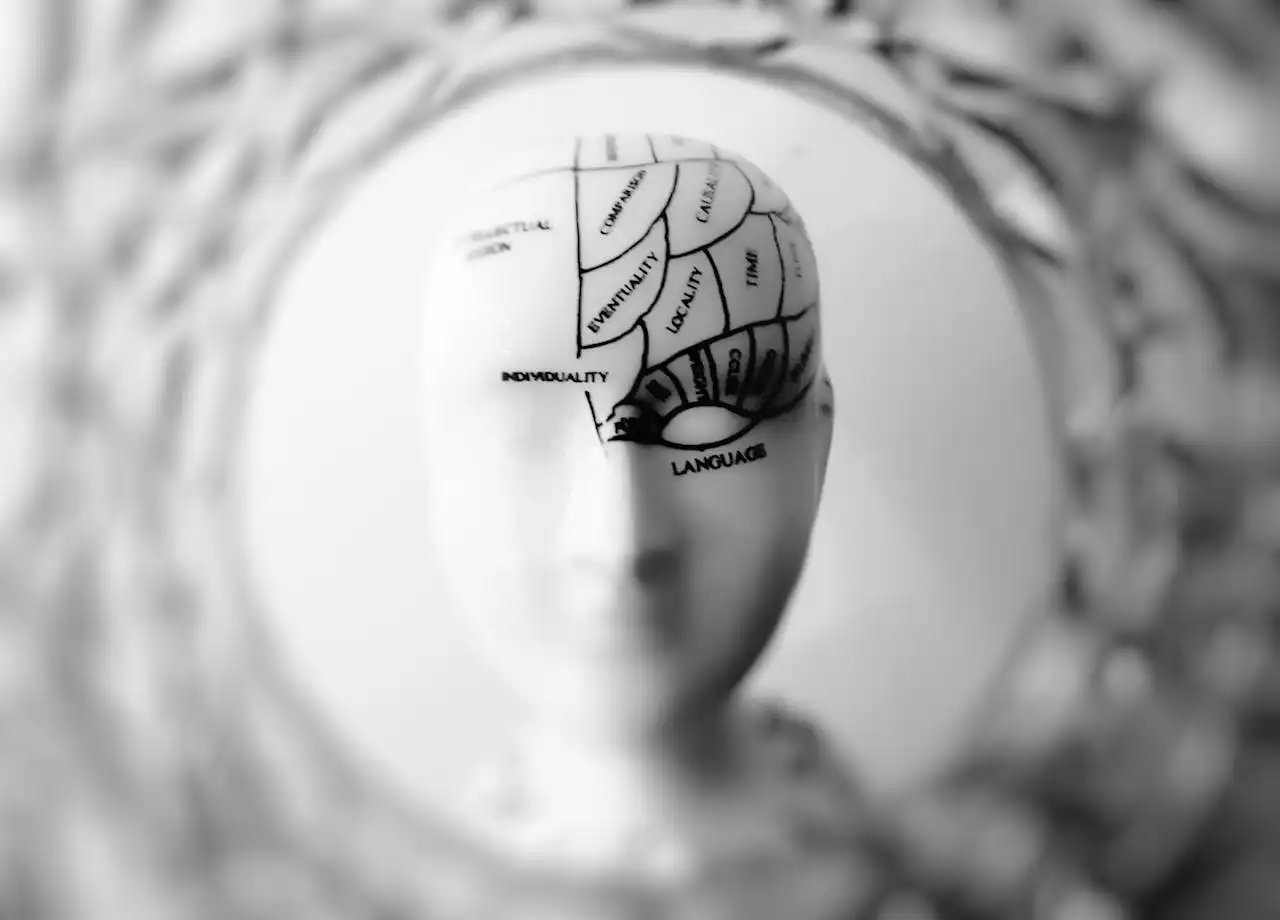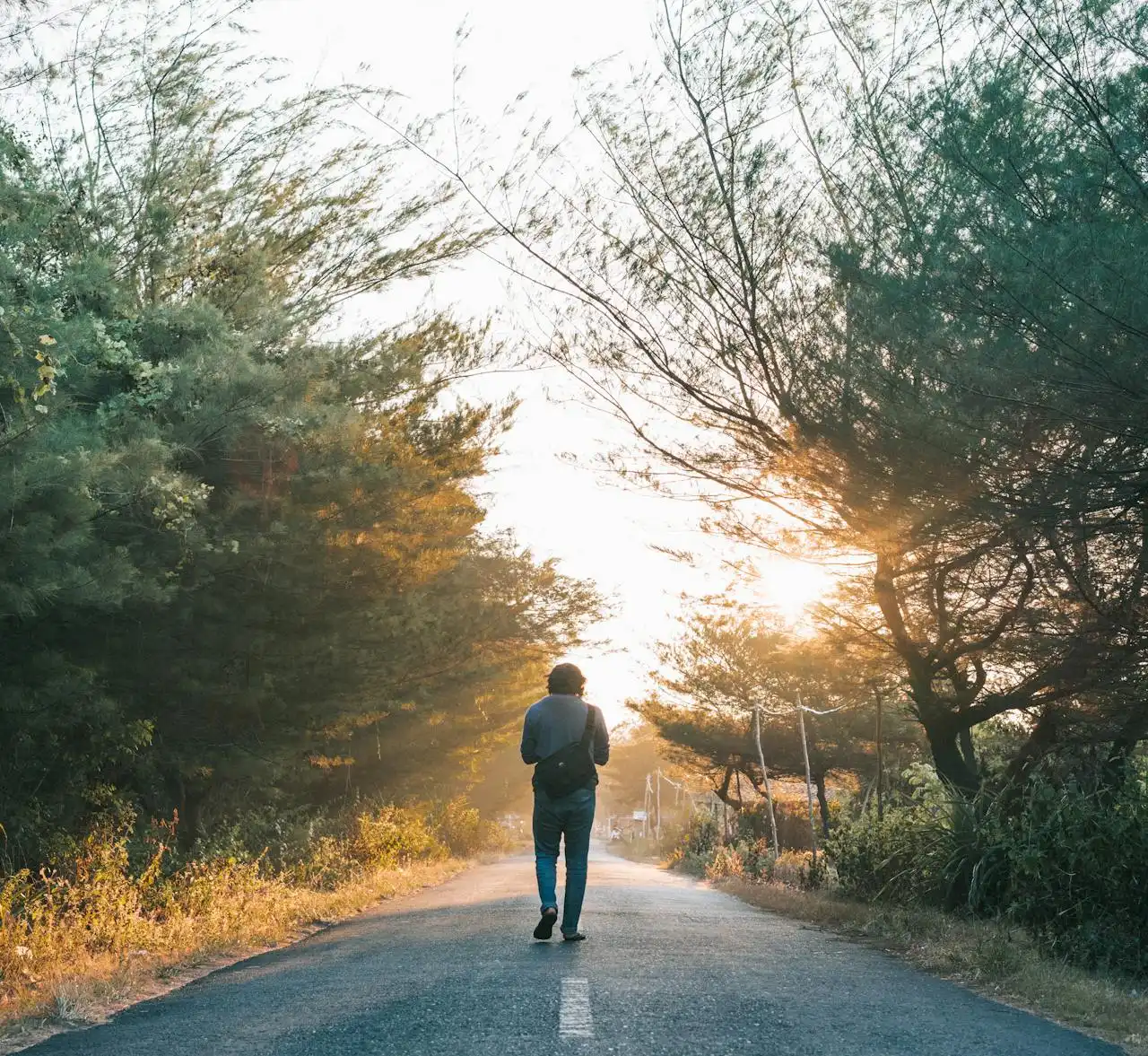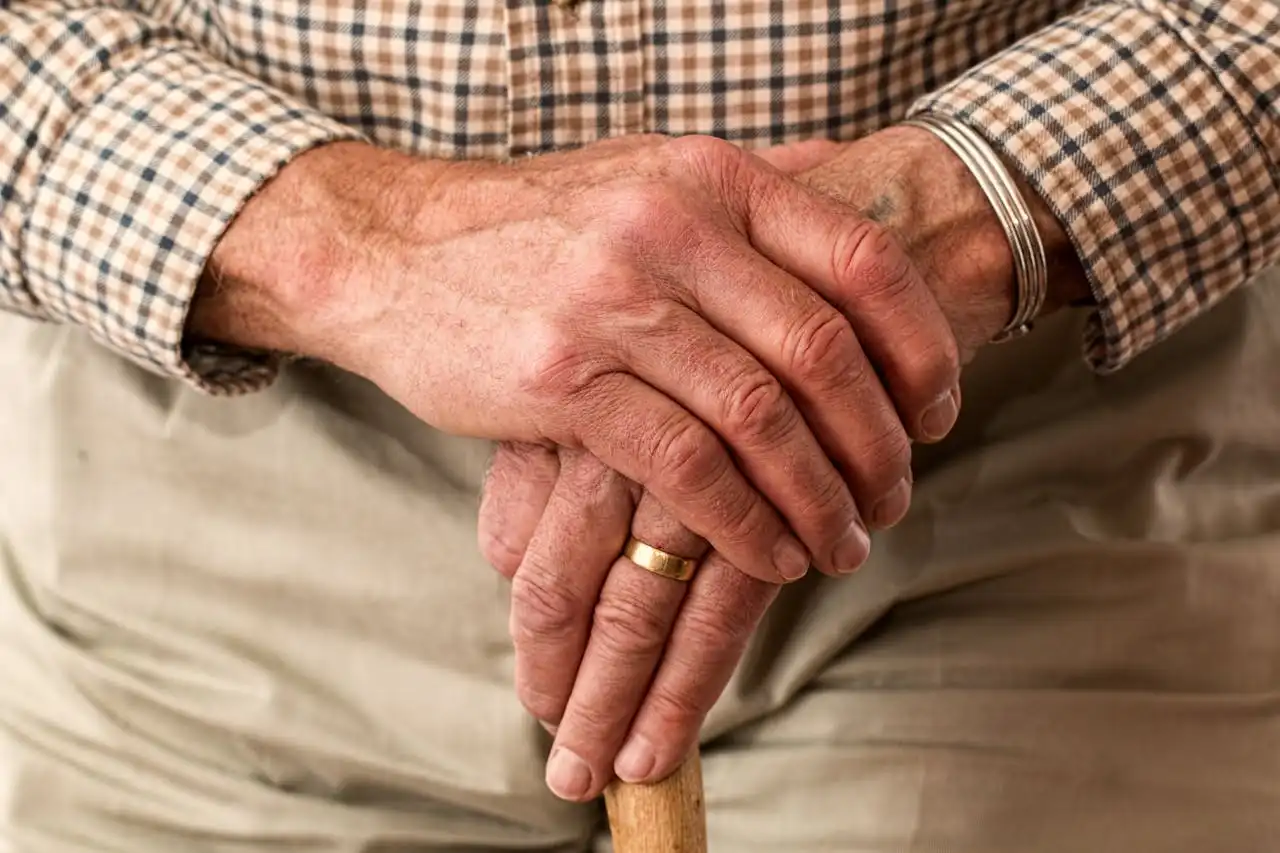Picture this: a guy, maybe your friend, your brother, or even you, seems to have it all together. He’s got a job, maybe a family, he laughs at the right jokes, and generally seems to be crushing it. But beneath that surface, there's a good chance he's battling something pretty heavy, something many of us don't talk about nearly enough: loneliness. It's not always the loud, dramatic kind of loneliness you see in movies; often, it’s a quiet, insidious ache, a 'hidden epidemic' that disproportionately affects men, making them feel utterly alone even when surrounded by a crowd. It’s a tricky one, isn't it? Why is this a thing, you ask? Well, it’s a whole tapestry of societal expectations, ingrained habits, and the ever-shifting sands of modern life. For generations, men have been taught to be the strong, silent type. "Man up," "boys don't cry," "suck it up" – these weren't just throwaway phrases; they were foundational instructions. The message was clear: vulnerability is weakness. Emotional expression, beyond a stoic nod or a fist pump, was often seen as unmanly. And let's be real, that kind of conditioning hits different when you're navigating the complexities of adult life. How do you admit you're struggling when you've been told your entire life to be the rock? This cultural blueprint often translates into how men form and maintain friendships. While women are often encouraged to bond through sharing feelings and deep conversations, male friendships traditionally have been more activity-based. Think about it: going to a game, hitting the gym, grabbing a beer. These are fantastic for camaraderie, but they don't always create the kind of space where you can really unpack your anxieties or admit you're feeling isolated. It’s like, you're hanging out, having a good time, but the conversation rarely dips below the surface. So, when life throws a curveball – a job loss, a breakup, the death of a parent, or simply the slow drift that happens as people settle down – those surface-level connections might not be enough to sustain a man's emotional well-being. The traditional 'third spaces' where men used to gather and connect organically – local pubs, community clubs, even just hanging out on the porch – have also diminished in many areas, further eroding those informal support networks. Then there's the whole issue of seeking help. If you're a man who's been told to be self-reliant, to solve your own problems, the idea of reaching out to a therapist, a doctor, or even just a trusted friend to say "I'm not okay" can feel like a monumental hurdle. It's not just about ego; it’s about breaking decades of programming. The stigma around mental health, though slowly improving, still weighs heavily, especially for men. Admitting to feeling lonely can sometimes feel like admitting failure, like you're not 'man enough' to handle life on your own. So, instead of talking about it, many men internalize it, letting that feeling fester in the dark corners of their minds. And what's the fallout of all this suppressed loneliness? It's not pretty. It can manifest in ways that are easily misidentified: increased irritability, anger outbursts, workaholism, substance abuse, or even just a general withdrawal from social life. A man who's lonely might not appear sad; he might just seem perpetually busy, distant, or even aggressive. He might pour himself into hobbies or work to distract himself from the gnawing emptiness. It's a low-key form of self-sabotage, often without even realizing it. The health consequences are pretty dire too – studies link chronic loneliness to increased risk of heart disease, stroke, depression, anxiety, and even a weakened immune system. It literally eats away at you, from the inside out. We're living in a paradox where we're more connected than ever digitally, but often feel incredibly disconnected interpersonally. Social media, while a tool for connection, can also be a highlight reel of everyone else's seemingly perfect lives, making anyone struggling with loneliness feel even more isolated. It's like watching a party through a window you can't open. The performative nature of online interactions rarely allows for the kind of deep, vulnerable sharing that genuinely combats loneliness. So, what's the vibe check on how we fix this? It starts with a conversation, a real one, about what it means to be a man in the 21st century. We need to redefine masculinity to include emotional intelligence, vulnerability, and the courage to ask for help. It means encouraging men to invest in deep, meaningful friendships, not just activity partners. It means creating spaces – both online and off – where men feel safe to share their struggles without judgment. It’s about normalizing therapy and mental health support, making it as acceptable as going to the doctor for a physical ailment. It's about recognizing that strength isn't about carrying the burden alone, but about having the courage to share it. This isn't just a 'men's issue'; it’s a human issue with a gendered slant. When men are struggling in silence, it impacts their families, their communities, and society as a whole. Breaking down the walls of loneliness won't happen overnight, but by acknowledging this hidden epidemic and actively fostering environments of openness and genuine connection, we can begin to chip away at the silence. It’s time to stop letting men be secretly alone. It’s time to talk, to listen, and to truly connect. Because at the end of the day, we're all just trying to navigate this wild ride called life, and it's a whole lot better with a solid crew by your side.












